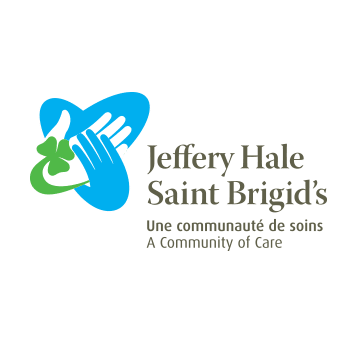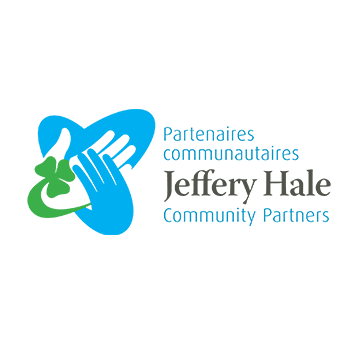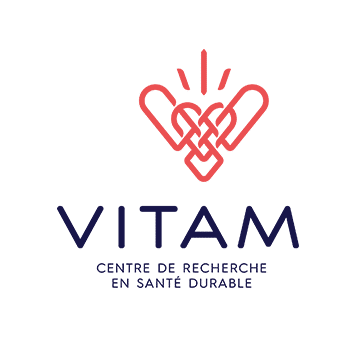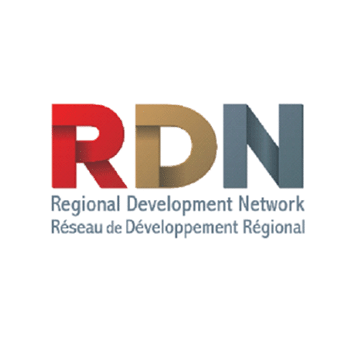The Centre of Expertise ACESS has three founding partners. They participate in the decision-making process and ensure its smooth operation on a day-to-day and quarterly basis.



Jeffery Hale – Saint Brigid’s
Jeffery Hale – Saint Brigid’s is a public institution that provides a wide range of primary health care services in French and English to the population of the Greater Quebec City region.
In April 2015, our institution began a new chapter in its 150-year history by being grouped with the Centre intégré universitaire en santé et services sociaux de la Capitale-Nationale.
Partenaires Communautaires Jeffery Hale
Jeffery Hale Community Partners (JH Partners) is a community-based charitable organization whose mission is to promote and contribute to the health and well-being of the English-speaking population of the Capitale-Nationale (Greater Quebec City region).
Funded in large part by its six member organizations, JH Partners is an autonomous non-profit community organization. It is active in four strategic areas: Foundations Office which manages assets for 19 charitable and non-profit organizations in our community; Community Development & Vitality which works to find ways to increase services through partnership and innovation; Wellness Programs which offer community support programs and promote civic engagement and community belonging; We Volunteer which helps bring volunteer support to vulnerable community members of all ages.
Secrétariat aux relations avec les Québécois d’expression anglaise
The Secretariat, under the responsibility of Mr. François Legault, is responsible for ensuring that the concerns of English-Speaking Quebecers are taken into account in government orientations and decisions in collaboration with government ministries and bodies.
Contributing Partners.
In addition to its founding partners, the Centre of Expertise ACESS has solicited the participation of the following organizations in order to improve its collective knowledge.



Community Health and Social Services Network
The Community Health and Social Services Network (CHSSN) was formed in 2000 to support English-speaking communities in the province of Quebec in their efforts to redress health status inequalities and promote community vitality.
Through a series of projects and partnerships that link community and public partners, the CHSSN is working to strengthen networks at the local, regional and provincial level in order to address health determinants, influence public policy and develop services.
Le ministère de la Santé et des Services sociaux
The Ministère de la Santé et des Services sociaux’s mission is to maintain, improve and restore the health and well-being of Quebecers by providing access to a range of quality and integrated health and social services, thereby contributing to the social and economic development of Québec.
CHU de Québec – Université Laval (CHU)
Inspired by the people who animate its daily life, the CHU de Québec-Université Laval strives for excellence and offers care and services imprinted with humanism to the population. Committed and innovative, its teams focus their efforts to benefit the individual. They shape the care of today and tomorrow, train the next generation, contribute to cutting-edge research and evaluate healthcare technologies and practices. Endowed with a recognized vision and knowledge, the CHU contributes to numerous projects in the fields of health, science, knowledge sharing, economic and social development.



Quebec English-Speaking Communities Research Network
Established in 2008, the Quebec English-speaking Communities Research Network (QUESCREN) is a collaborative network of researchers, stakeholders, and educational and other institutions that improves understanding of Quebec’s English-speaking communities and promotes their vitality.
QUESCREN provides opportunities to promote the understanding and vitality of Quebec’s English-language minority communities through research, training, knowledge mobilization, networking and outreach.
VITAM – Centre de recherche en santé durable
VITAM is a robust infrastructure for interdisciplinary and intersectoral research in sustainable health. Its mission is to work with the population and various organizations (health and social services, schools, municipalities, community organizations, etc.) in order to produce knowledge, both useful and used, aimed at keeping the population healthy and at improving local health and social services offered in family medicine groups (GMF), CLSC, in home care, etc.
VITAM – Centre de recherche en santé durable (Sustainable Health Research Centre) was formerly known as Centre de recherche sur les soins et les services de première ligne (Primary Care and Services Research Centre) de l’Université Laval (CERSSPL-UL). VITAM means « life » in Latin.
Équipe de recherche en partenariat sur la diversité culturelle et l’immigration dans la région de Québec
The scientific program of ÉDIQ is part of current research initiatives on immigration and on the integration of immigrants outside large urban centres. It aims at promoting a better understanding of the conditions that contribute favourably to the development of local and inclusive communities where social justice is applied equally to all its members, who enjoy the same rights and protections. The main objective of the research program is to examine the complex interactions between institutions, which are considered organizational systems with their own values, rules and practices, and the population in the Quebec City region, which is becoming increasingly diverse.


Faculty of Nursing, Université Laval
The Faculty of Nursing is recognized for its vigorous research activities. It includes professors with a wide range of expertise who conduct interdisciplinary work that reflects a clear ambition to advance knowledge and healthcare practices.
The Faculty offers a stimulating, enriching research environment focused on all themes across complementary fields in nursing and community health.
Regional Development Network
RDN was founded in November 2019 to respond to the need for effective representation and engaged involvement in enhancing the vitality and supporting the development of English-speaking communities across Quebec that work within a defined territory.
The organizations serving these communities face multiple socio-economic challenges in fulfilling their mandates. Typecast as ‘generalist’ organizations, they face funding constraints while dealing with community needs and issues in multiple sectors, within numerous jurisdictions and in a minority language setting that is often not given recognition. In addition, many organizations must carry out their work over a large territory while serving isolated populations.
Subscribe to our newsletter
